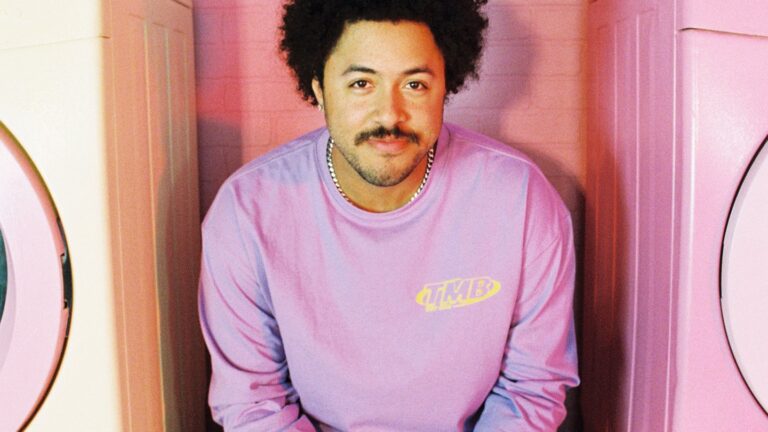What role has ADHD played in your life?
Jarvis: ADHD was an uncredited supporting factor in my life because I wasn’t diagnosed until I was 25, when I started taking my mental health seriously. I’ve now retroactively looked at my life experiences through the lens of, “Oh, I had undiagnosed ADHD and had no idea!” I did well on the tests, but I couldn’t do my homework. I had trouble concentrating while I read and even experienced things like Rejection Sensitive Dysphoria, which is that intense feeling of rejection that many people with ADHD experience. After the diagnosis, I had to figure out what that meant moving forward.
I don’t want to present ADHD as a negative thing at all. It’s just East. We’re all different, but I think there are a lot of things in this world that are designed for neurotypical people and having a name for my ADHD helped me seek out resources that could really benefit me. be useful.
Has your neurodivergence had an impact on your creative process?
Jarvis: Certainly. It’s sometimes a challenge to stay on topic because there are so many thoughts I have at once all the time. I would sometimes spend an entire day editing a one-minute segment of a video because I was so obsessed with that little bit. . I knew it wasn’t strategic, that it wasn’t going to improve the engagement of the video, but it allowed me to have a cool, creative outlet. Plus, this little detail can sometimes be what people prefer.
I like going above and beyond for no reason and I think it’s fun. I love my brain! There are challenges, but I feel like without it I wouldn’t be myself and I think the journey of learning the skills to work with myself to achieve my goals is more cathartic and interesting than just snap my fingers and solve all my problems. .
